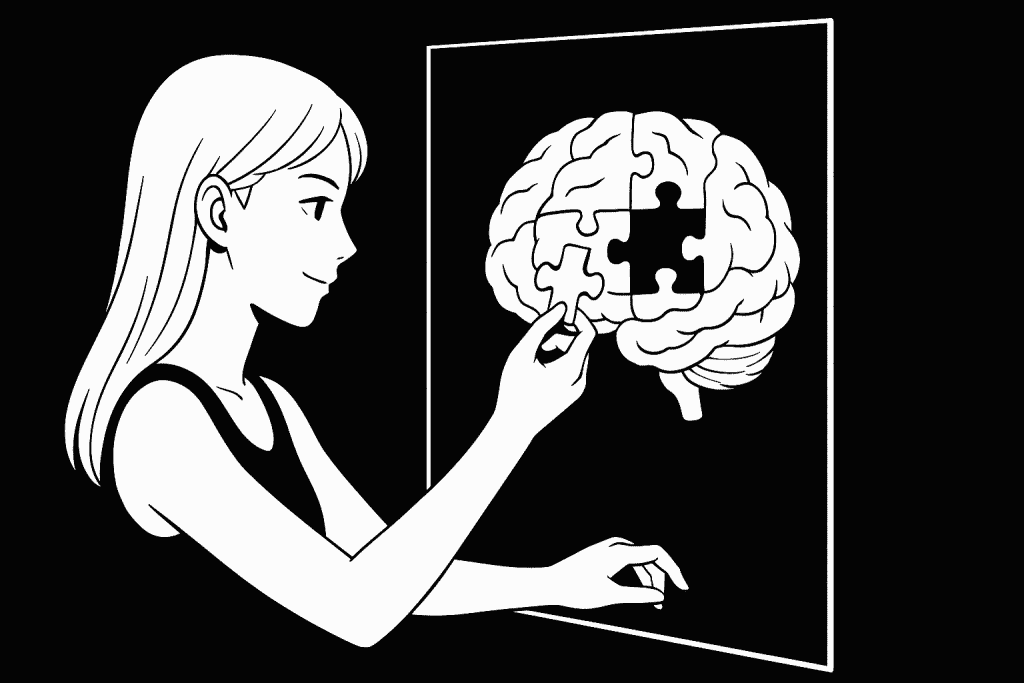“I’ll never get this right.”
If that sounds familiar, you’ve already met your harshest critic.
We talk to ourselves constantly — and most of the time, we’re not very kind.
But here’s the truth: Your inner dialogue is not background noise. It’s your internal command center. It shapes your decisions, energy, and momentum.
What Is Inner Dialogue?
Inner dialogue is the running commentary in your mind — your thoughts, beliefs, and self-directed talk.
It’s shaped by:
- Childhood experiences
- Cultural conditioning
- Repeated failure or criticism
And it can either empower you… or paralyze you.
When Self-Talk Turns Self-Sabotage
Negative inner dialogue can sound like:
- “I’m not good at this.”
- “Why even bother?”
- “I’ll fail again anyway.”
This isn’t harmless — it becomes a self-fulfilling loop.
What you say internally, you start to believe. What you believe, you start to act on.
Over time, your thoughts shape your results.
The Brain Believes Repetition
Neuroscience shows that repeated thought patterns strengthen neural pathways. The more often you say something internally, the more it feels true — even if it’s not.
This is how imposter syndrome and procrastination take root. Not because you can’t… but because you think you can’t.

How to Rewire Your Inner Dialogue
You don’t need fake positivity. You need true, intentional shifts.
1. Notice the Script
Catch the recurring beliefs. Write them down.
2. Name the Voice
Is it fear? Is it shame? Identify what’s talking.
3. Challenge the Thought
Ask: “Is this absolutely true? Would I say this to someone else?”
4. Insert a Pause Phrase
Try: “Even though I feel this, I can still choose progress.”
5. Practice Gentle Rewrites
“I’m not good at this… yet.” “I always figure things out eventually.”
Our App Helps You Train This Daily
We’ve built features that:
- Surface harmful thought loops
- Offer neutral rephrases and empowering alternatives
- Track your inner dialogue trends
- Celebrate language shifts that support action
You’re not just logging tasks. You’re building new mental patterns.
Final Thoughts
That voice in your head isn’t you — it’s learned.
And anything learned… can be re-learned.
You can build momentum with kinder, truer thoughts — one day at a time.
Know someone who’s hard on themselves? Share this with them. Or better — test the app that helps turn inner noise into inner support.





